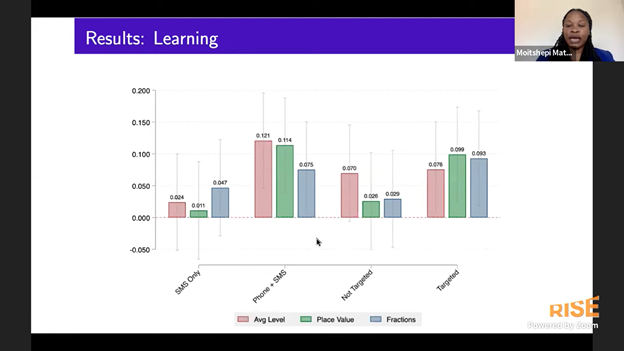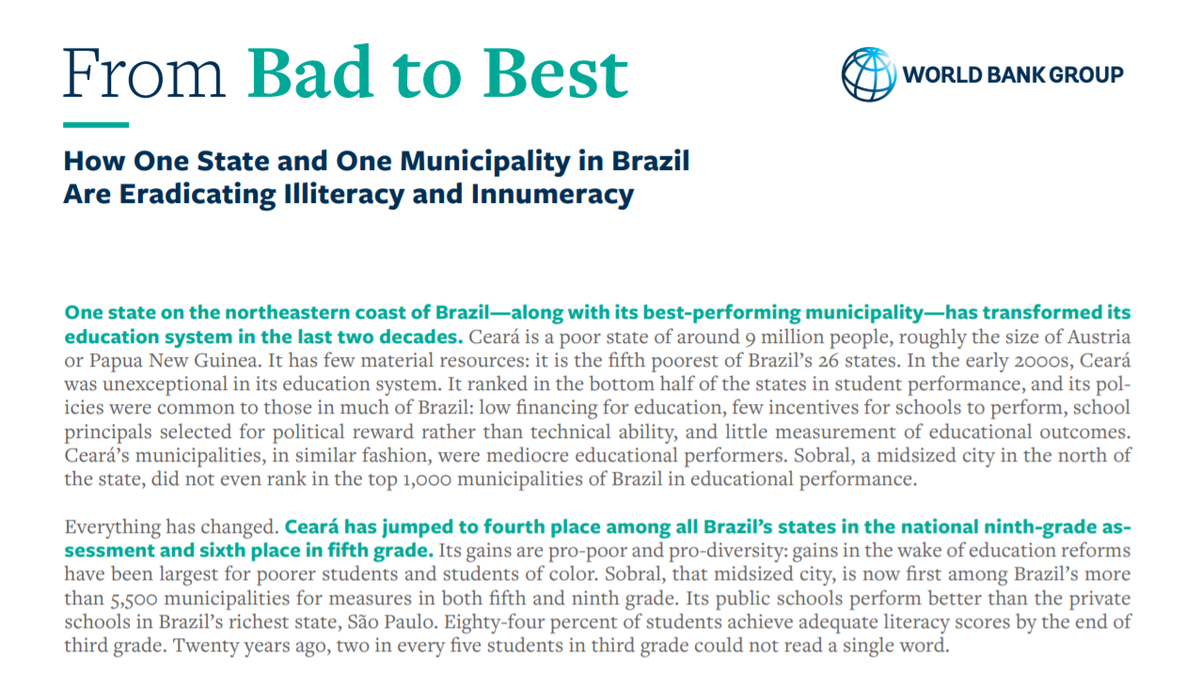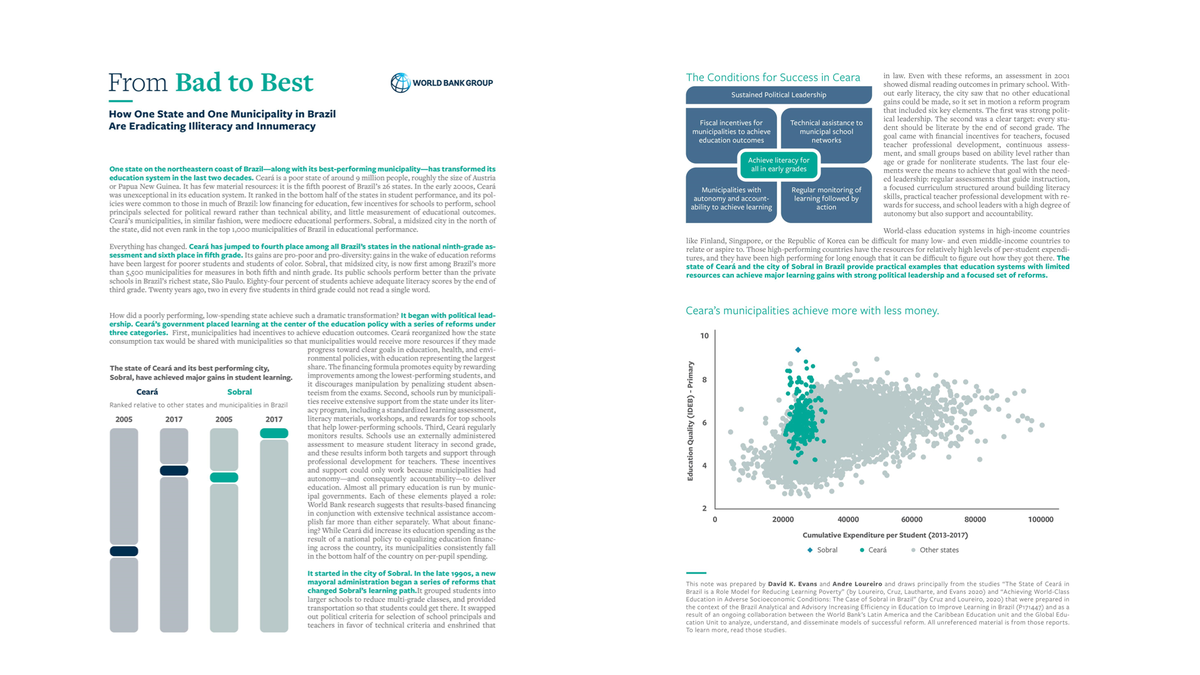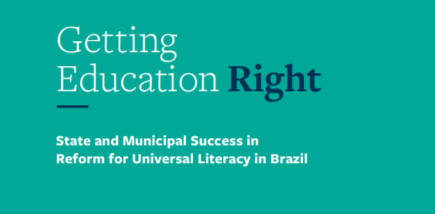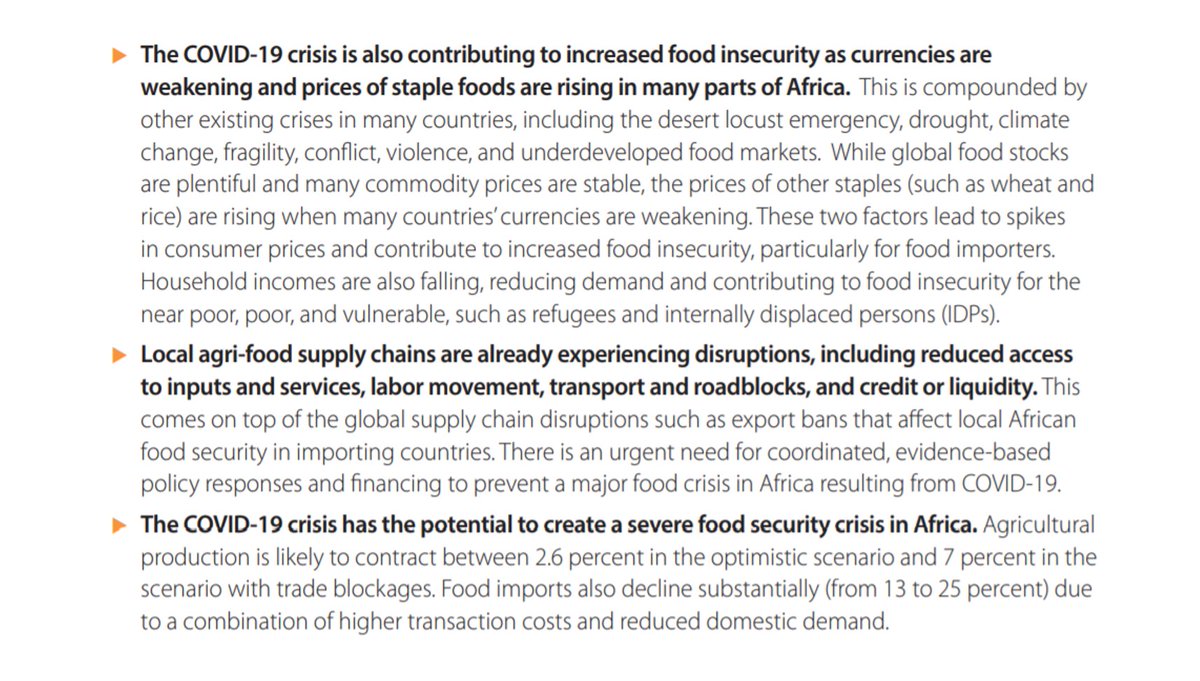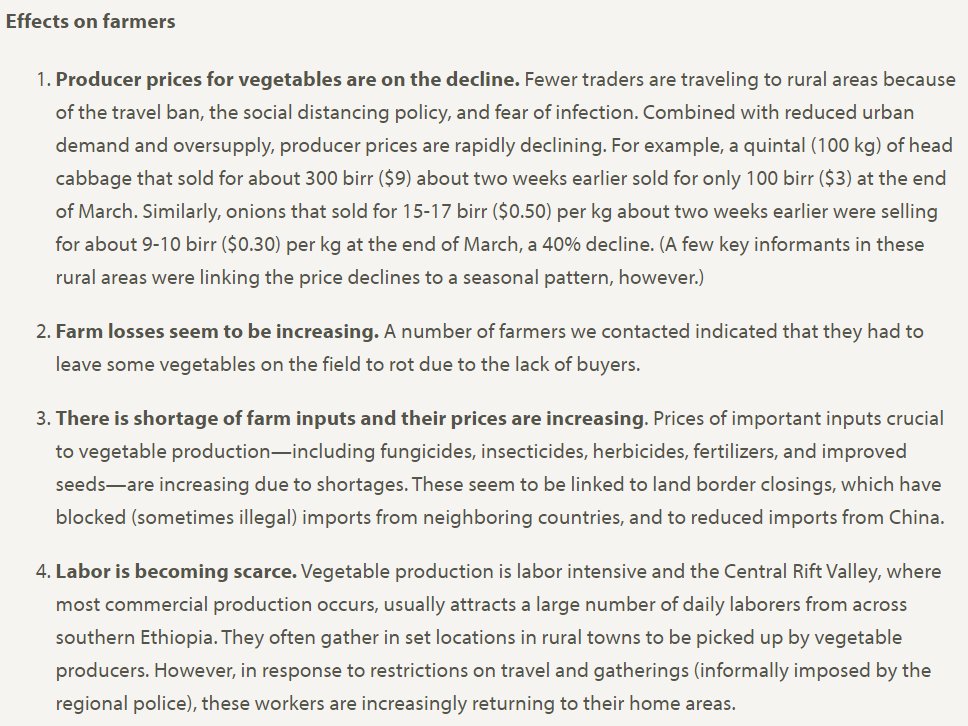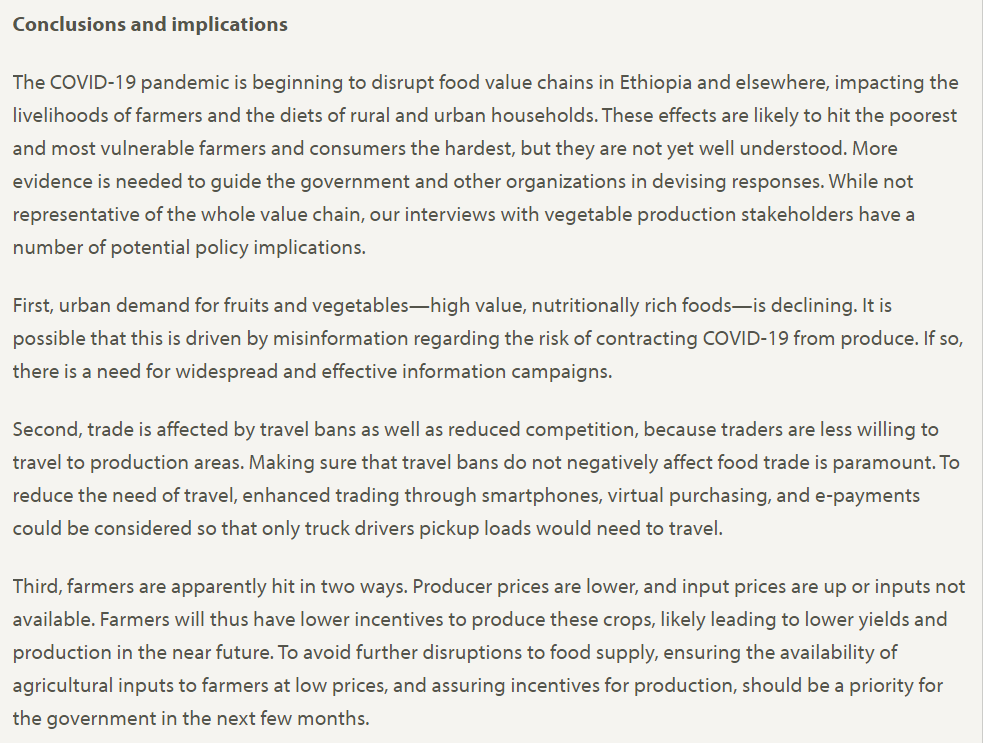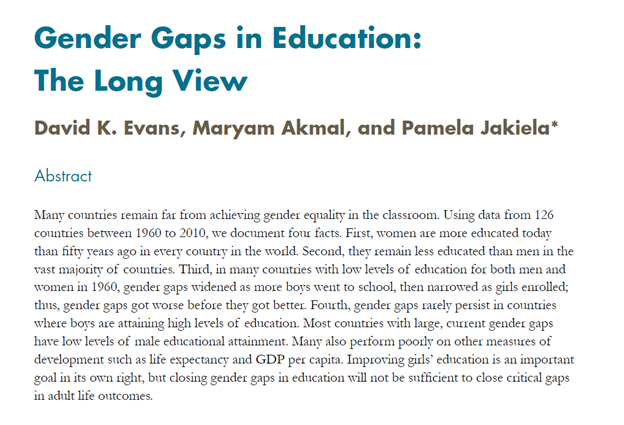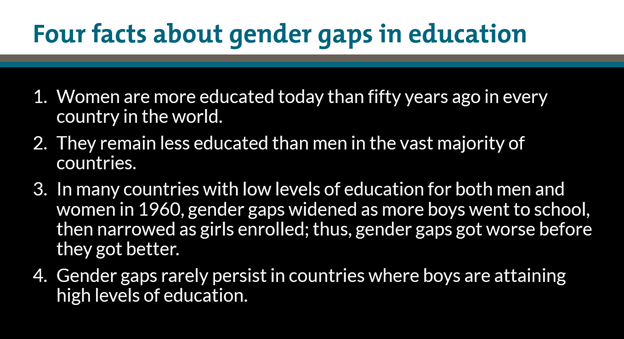
Yesterday was the SECOND day of the Research on Improving Systems of Education annual conference (#RISEConf2021)! School management, equity and choice, and what education interventions we should trash!
riseprogramme.org/events/rise-an…
Did you miss it? Here’s a quick round-up!
[thread]
riseprogramme.org/events/rise-an…
Did you miss it? Here’s a quick round-up!
[thread]

@Gabriela_LSC: Training school heads on violence prevention in Peru increased reports of violence and reduced transfers from schools. (It didn’t affect test scores, but come on, not everything has to improve test scores. Let’s just keep the kids from getting hurt!) #RISEConf2021 







@JacobusCilliers: A school governance reform in Tanzania that shifted focus from school inspections to school support had little impact BUT adding low-cost measures to increase follow-up from ward education officers modestly boosted learning.
riseprogramme.org/sites/default/… #RISEConf2021



riseprogramme.org/sites/default/… #RISEConf2021




@leecrawfurd: Government education officials in many countries underestimate the extent of the learning crisis. #RISEConf2021 







@NKarachiwalla: Distributing “large cash grants through school councils to public schools in rural Pakistan” led to “learning increases in both the public and private sectors. Private school improvements appear to be driven by competitive pressures.”
wpcarey.asu.edu/sites/default/…



wpcarey.asu.edu/sites/default/…




@mandabeat: In Indonesia, making public junior secondary schools *less* selective led to lower learning gains than expected but the gap narrowed between the top and bottom quintiles. #RISEConf2021 







@dawit_tibebu & @caine_rolleston: Ethiopia invested in a broad reform to boost learning, but learning outcomes actually declined. Could it be because of a decline in preschool / school readiness? #RISEConf2021 







@soyoonahn73: Providing a five-day STEM boot camp in Tanzania led to more progressive gender attitudes among girls (but not boys). It also boosted girls’ weekly hours of studying in STEM-related subjects.
riseprogramme.org/sites/default/… #RISEConf2021



riseprogramme.org/sites/default/… #RISEConf2021




The last session of the day was provocatively titled “Trash this!” in which esteemed speakers highlighted which education interventions they’d get rid of! #RISEConf2021
@lwantchekon would get rid of donor interference in education! He’d redirect aid to focus on incentivizing agency by government officials, promoting stakeholder involvement, and involving communities in decisions and monitoring. #RISEConf2021 





Rukmini Banerjee would get rid of the age-grade curriculum—in other words, the system that teaches children based on their age rather than their level of learning. “Sometimes when I look at these [textbooks], I feel it’s designed to ensure that many children get left behind.” 





Jishnu Das would trash vouchers. “80% of the [voucher] money goes to children who would have gone to private schools without the vouchers… Since taxes can be quite regressive, it’s taking money from the poor to give to the rich.” #RISEConf2021 







The “winning” idea is … trash the age-grade curriculum! Rukmini Banerjee for the win! #RISEConf2021 

Want more education research?! (Of course you do!) Yesterday I summarized the previous day’s presentations.
https://twitter.com/DaveEvansPhD/status/1441020438881132549#RISEConf2021
Want even more? The conference is happening today too! You can watch it!
8am Eastern:
9:30am:
11:15am:
8am Eastern:
9:30am:
11:15am:

Happy watching and learning!
• • •
Missing some Tweet in this thread? You can try to
force a refresh









